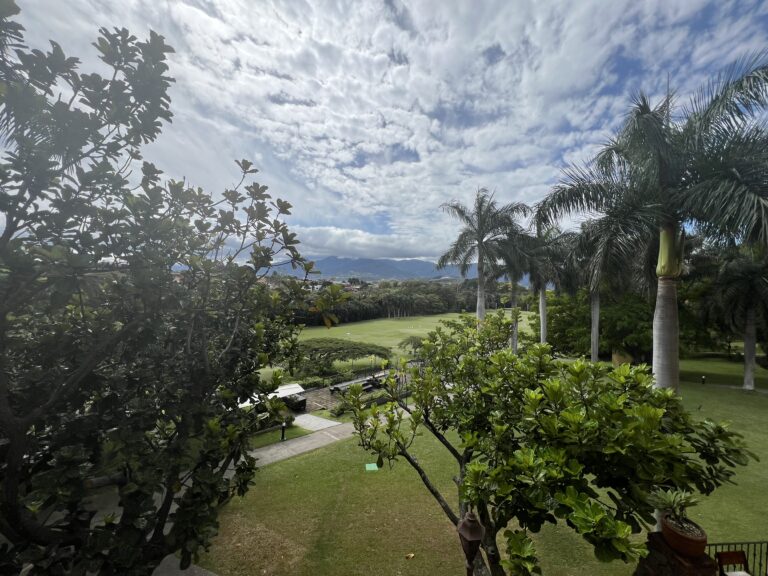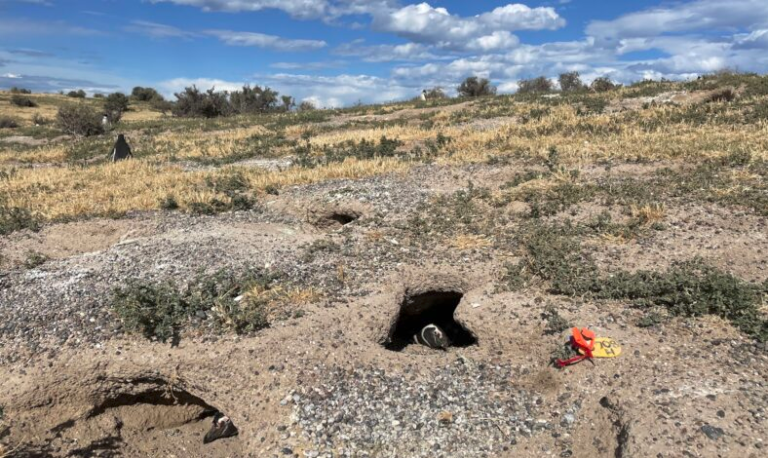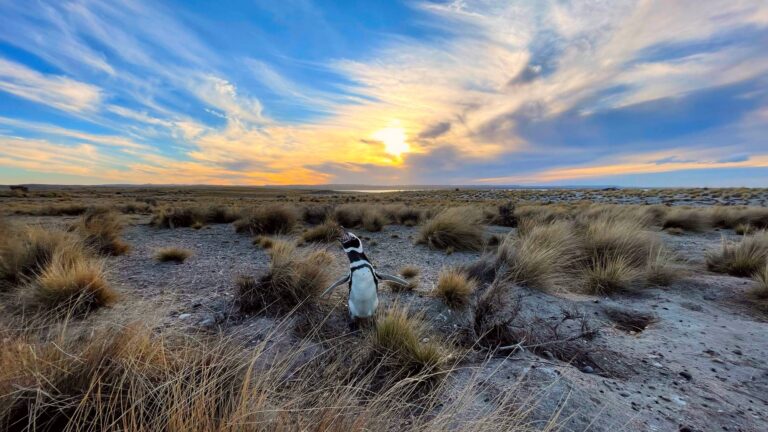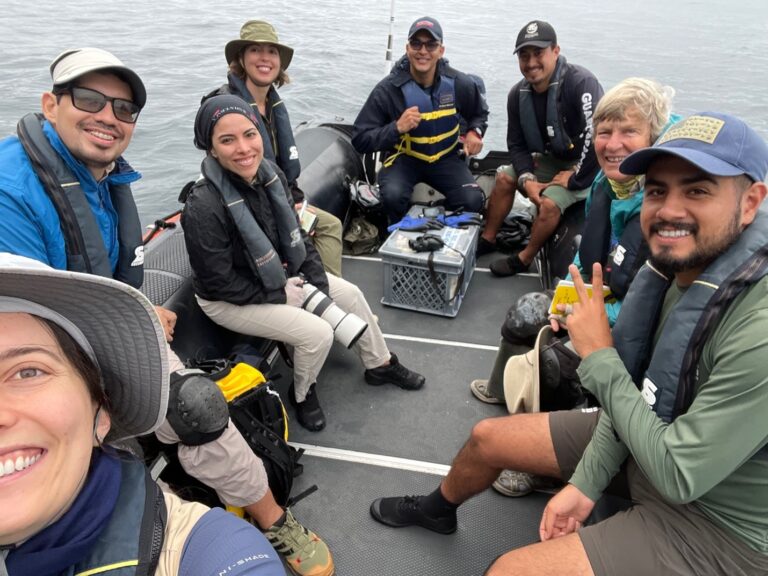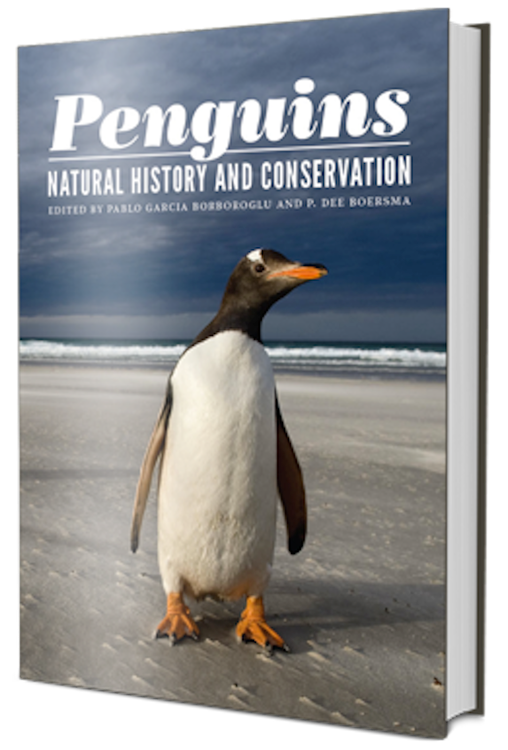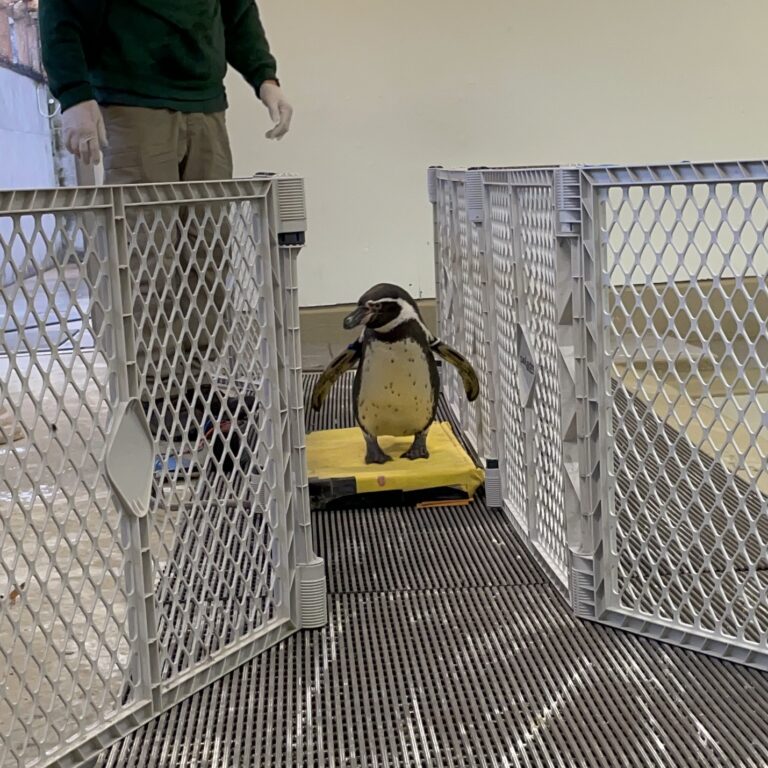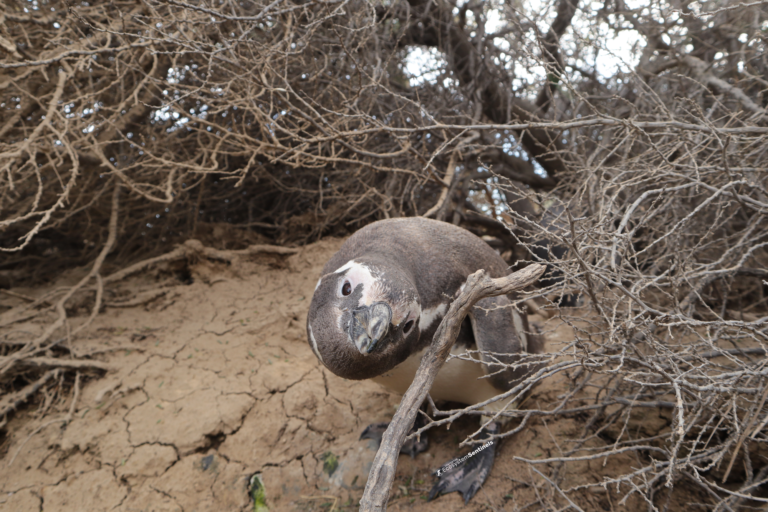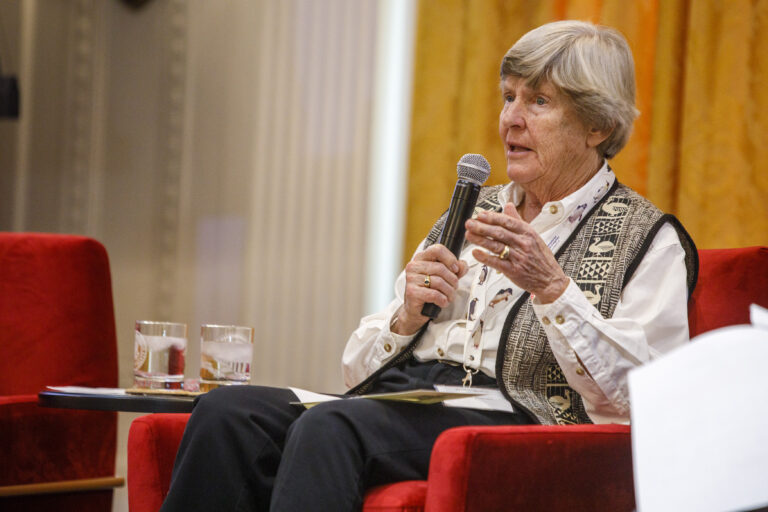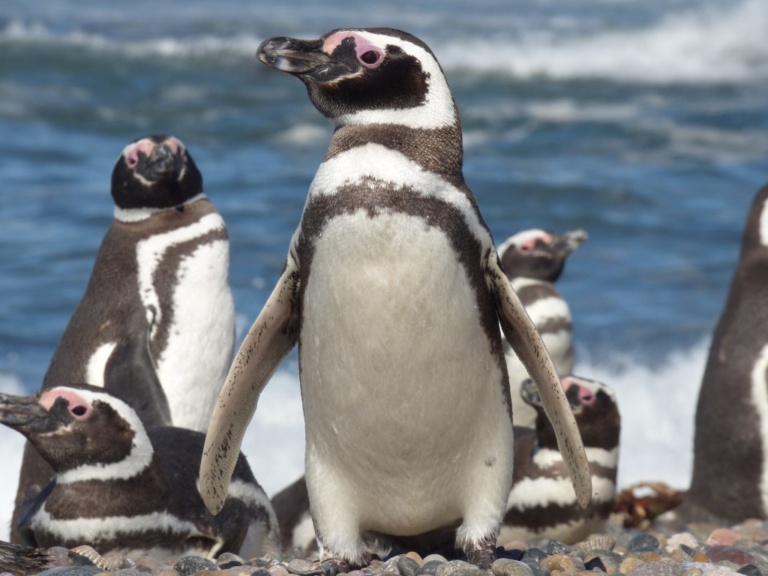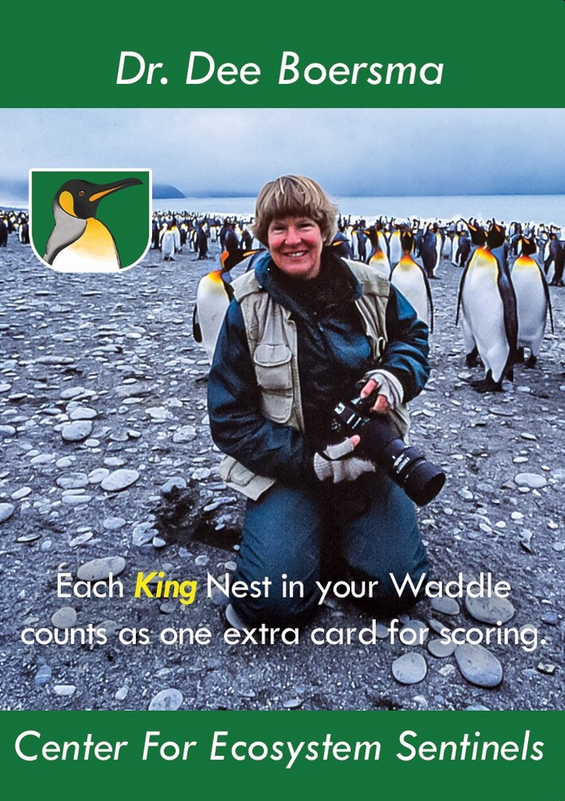Dr. Dee Boersma featured in latest National Geographic!
Make sure to pick up the latest copy of National Geographic and read about Dr. Dee Boersma‘s work on Galápagos penguins! Reporter Rene Ebersole traveled with Dee and recent grad Caroline Cappello last summer as they checked up on the human-built Galápagos penguin nests they built in 2010. Included in the article is a sweet photo of Dee and Caroline […]
Dr. Dee Boersma featured in latest National Geographic! Read More »

